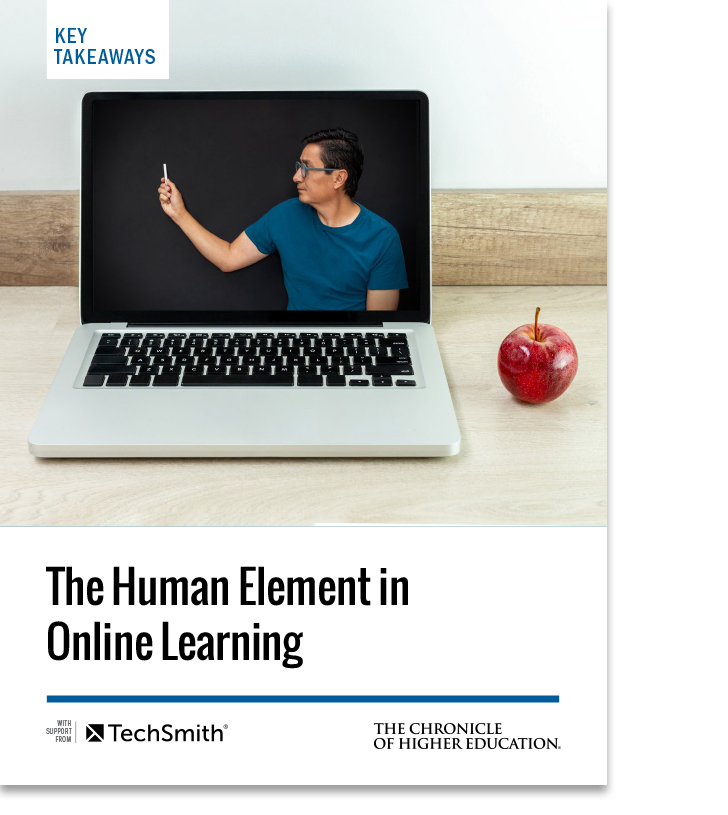Day 242, November 13, 2020
Honoring Nature
Tonight's soundtrack: Duke Ellington and his Orchestra, Trivoli Garden, 1969
What does honoring nature look like?
 There was the summer I traveled to Ireland and every weekend I hitchhiked around the countryside with my backpack. I didn't have a tent, but I did have a tarp that I set up under my sleeping bag under the stars on clear nights, and when it rained, I rolled myself inside like a burrito. I had a small candle lantern for light, so for the most part, when the sun went down, I went to sleep, and when the sun rose, I woke to start my day.
There was the summer I traveled to Ireland and every weekend I hitchhiked around the countryside with my backpack. I didn't have a tent, but I did have a tarp that I set up under my sleeping bag under the stars on clear nights, and when it rained, I rolled myself inside like a burrito. I had a small candle lantern for light, so for the most part, when the sun went down, I went to sleep, and when the sun rose, I woke to start my day.
I tended to stay in the countryside where I could find a field to spend the night in, though I did find a few miserable urban shelters when I didn't opt for a hostel.
I think of this time as when I was most physically in tune with the planet, my circadian rhythms at one with my surroundings. I moved from landscape to landscape primarily by bipedal locomotion. I carried a bottle of orange drink and ate mostly cheese and bread.
But, I think we can also find moments of connection to nature in unexpected ways. Like seeing an eagle flying overhead while driving into Cheapside in Greenfield. Or in the creak of the soon to collapse tree strung up with vines just a little ways off the driveway. Or maybe it is in the way the wind blows and leans against the house like a dear friend.
It seems honoring nature has more to do with notebooks and pens, and less to do with phones and digital images, even as we all seek to capture the moment with a video or picture. There is something insufficient in two dimensions, the limitations of aperture, the absence of sound or smell, the temperature, and the touch of leaves and spiderwebs.
Most of the time I imagine honoring nature, it is a solitary thing, but I think some of the most deeply felt moments in nature have been with a friend, a partner, who is able to also honor nature, to slow down and sit silently, to let it all soak into one's soul the way smoke permeates one's clothes, until your very skin is smeared with and tastes like nature.
Take care,
Leo
From Our Friends:
From the Community Economies Research Network:
It is my great pleasure to invite you to El Cambalache’s first public conversation on what are decolonial methods, how they are rooted in place, and their potential for creating transformative action projects such as our own. The flyer is attached. If you are interested please register here: https://share.mayfirst.org/apps/forms/soeGaQeGsgAxG3kY
We are also offering an online workshop in December-January on Decolonial Methods for creating non-capitalist economic projects and have extended the deadline. More info at: https://cambalache.noblogs.org/taller-en-linea-enero-2021-online-workshop-january-2021/
From Higher Ed Jobs:
by Russell S. Thacker

Earlier this year, Russell Thacker and Dr. Sydney Freeman, Jr. shared advice for aspiring administrators of Color. However, these aspiring leaders are only half of the equation. Colleges and universities need to ensure they are also taking the right steps to make themselves welcoming and inclusive places for Black and other leaders of Color. Consider these questions for a self-analysis of your institution.
Today's Online Teaching Tips:
From eCampus News Resources:
Exploring 6 steps to consider when taking your course online
Creating an engaging and effective online course takes time and effort, but can be made easier with proper planning and the use of appropriate platforms. Trying to create the best course the first time you are teaching an online course can be a large undertaking. If you, like most people, have a limited amount of time to spend, it is better to start simple and gradually implement different elements of your course. Look at your course critically and pick out the essential elements to move online first. Then add more content, interactive elements, videos and assessments. Finally, make sure you take advantage of the platforms and the data they can collect to continually improve your course over time. LEARN MORE>
Simplifying Course Materials Across On-Campus, Hybrid and Remote Learning
Listen in for an insightful discussion on 10 key components that make up an effective and efficient course materials program. We'll review a course materials framework that provides consistency to keep the learning experience moving forward, and flexibility to adapt and scale over time.
From the Chronicle of Higher Education:
|
|





Comments
Post a Comment